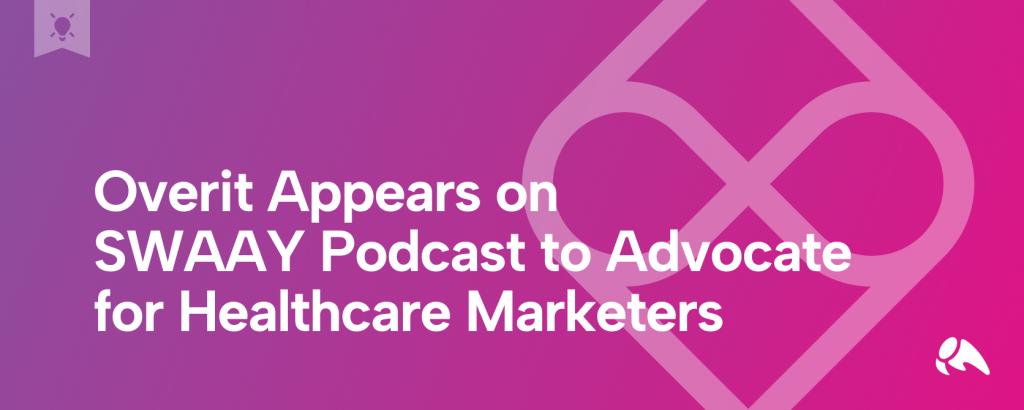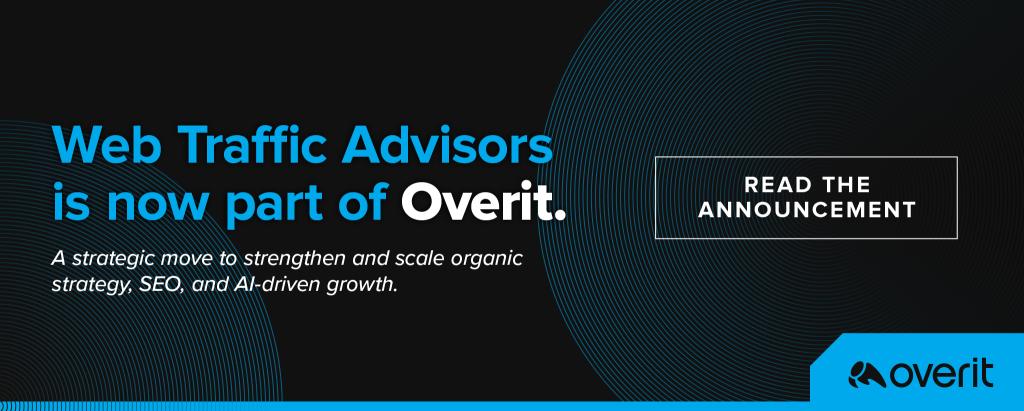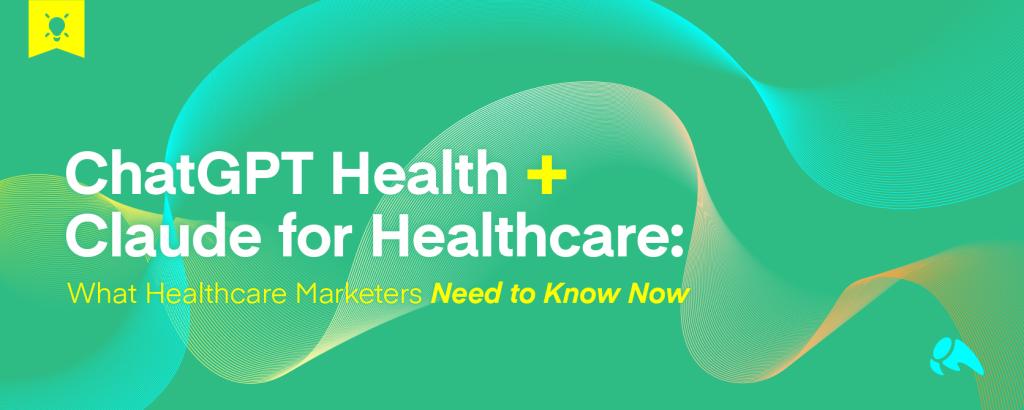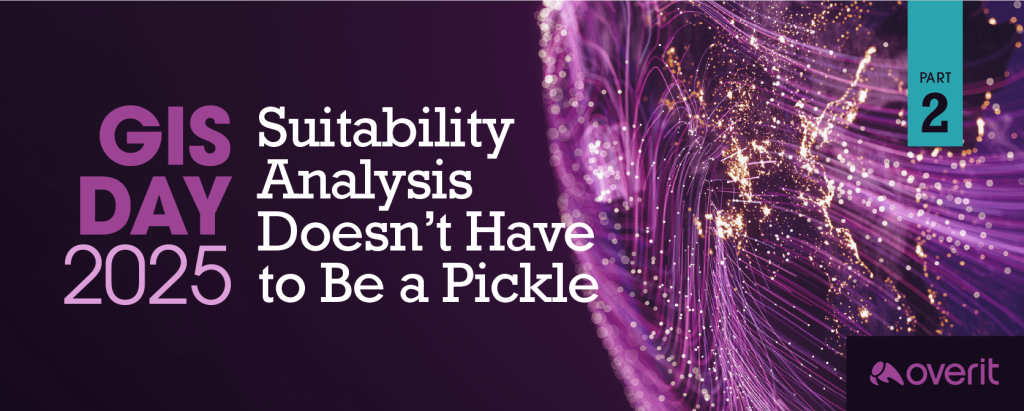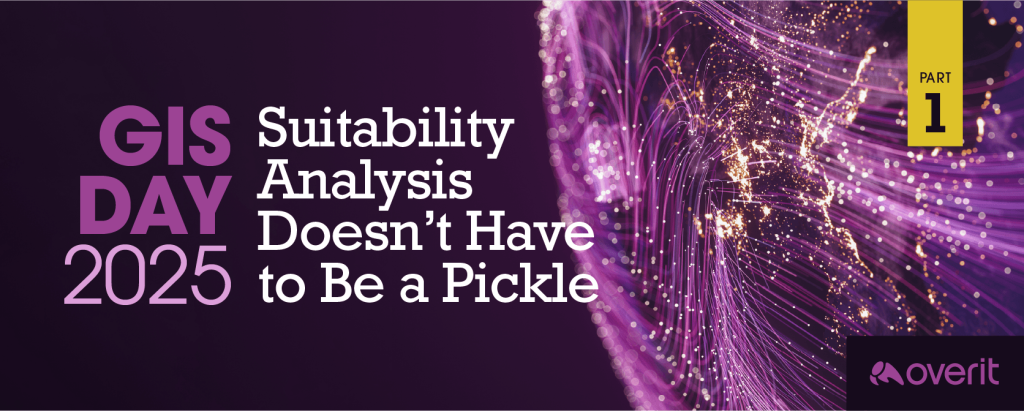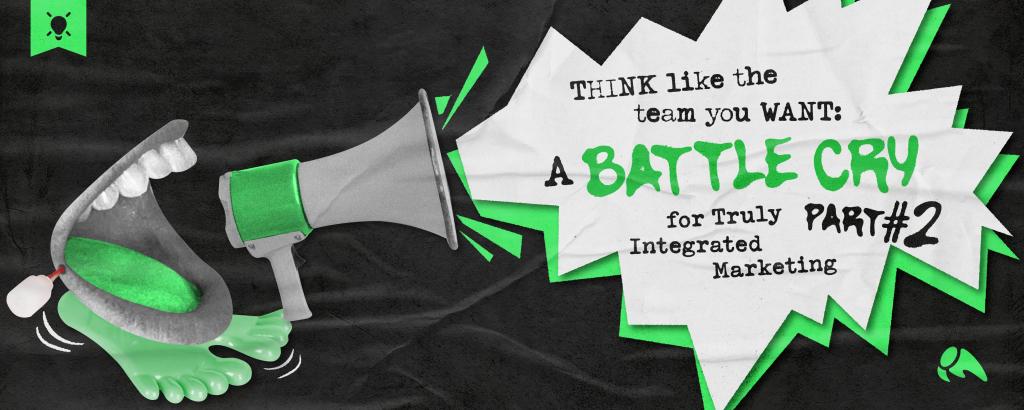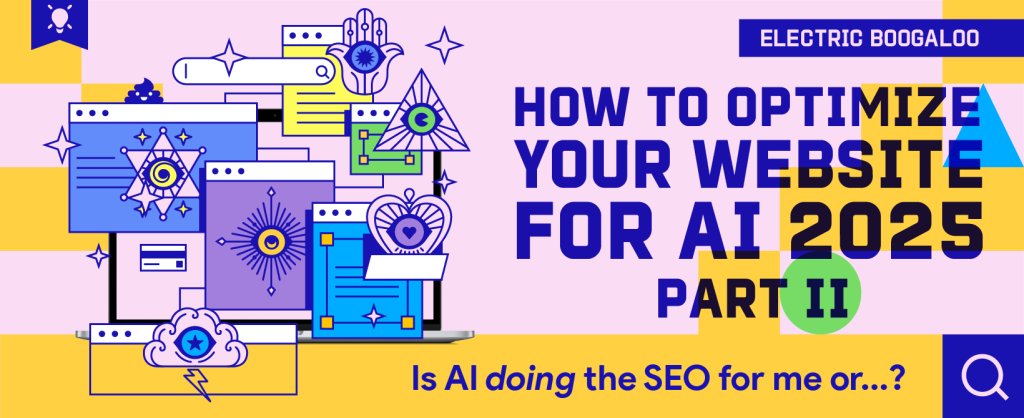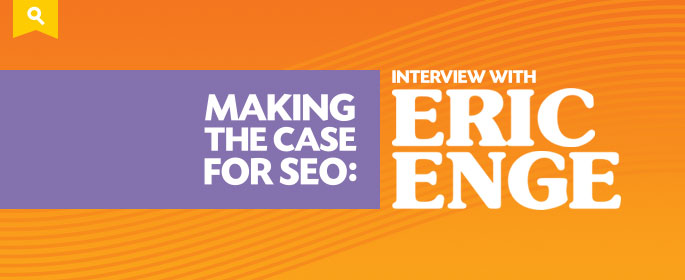
You know SEO would benefit the brand, but how do you get your clients (or your bosses) to understand the need to invest?
 Ahead of ClickZ Live New York, I had the opportunity to speak to one of the upcoming conference’s presenters, Eric Enge (@stonetemple), founder and CEO of Stone Temple Consulting.
Ahead of ClickZ Live New York, I had the opportunity to speak to one of the upcoming conference’s presenters, Eric Enge (@stonetemple), founder and CEO of Stone Temple Consulting.
Q: You’re about to speak to an executive of the value of an SEO program, but they’ve never heard of SEO at all. What’s your quick introduction to it?
Eric: SEO is about obtaining traffic from search engines – that’s the old fashioned definition – but the key understanding is that the search engines don’t naturally return the best content. They try to return the best content, but there are things you need to do to make them aware of what your content is about and why it’s more important than other content on the same topic.
Pick any search phrase you like. Pick skateboards. A search on that shows 31 million results in Google, and I want to be one of the first three listed. I have 31 million competitors! How do I get that done? That’s what SEO is about.
Now, going beyond my quick introduction, we get into the right ways and wrong ways to do that.
Q: And some of those methods have ruined the reputation of SEO for some executives, right?
Eric: The SEO industry unfortunately has earned a bad reputation, because so many people have done things to try to cheat the results of the search engines. There are certainly people out there who will argue all marketing is some form of deception (I don’t agree with that statement, but you can understand the sentiment of where that’s coming from), but you have to get to the point where you know things that are acceptable and things that aren’t acceptable. There have been many unacceptable tactics that have been used by people, and as a result there’s an awful lot of distrust for SEO.
There are two kinds of bad SEO practices:
- People who are doing things that are dangerous for their clients and they don’t tell them that it’s dangerous (they’re the worst of the bad)
- People that do things for which you can argue about their value, maybe they’re informing their clients and understand the risks, but they’re still not using the best SEO methods
There’s selling what you have, exaggerating about what you have when you’re selling, and there’s misrepresenting what you have when you’re selling. So as SEOs, we want to stay away from that misrepresentation and be honest with our clients – that’s where we begin to build trust. We can have significant, important value.
Q: That gets into my next question. Why do companies tend to hesitate to invest in SEO?
Eric: Well, there’s certainly the discussion we just went through about trust.
But another is companies that still believe all of SEO is keywords and metatags. I have a Fortune 50 client where key members of the executive staff believe that’s all SEO is. And of course, they go out and try to implement a bunch of metatag stuff, intending to make a fortune as a result, and they decide they got a bad ROI and they give up.
And then there’s another flavor of that – they just think that search engines should be able to figure it out. What’s behind that is they don’t understand the challenge the search engines have.
They don’t understand that crawling hundreds of trillions of web pages, analyzing all of the content of those web pages, building a map of the interlinking of all those web pages across the web, putting them in a database and responding to any search query of any user in the world in four tenths of a second or less… is a hard computing problem. An amazingly hard computing problem.
That’s the fundamental reason why search engines need help. They actually aren’t up to doing that comprehensively. There probably isn’t enough computing power on Earth to do that comprehensively, so we have to make that task easier for the search engines.
Q: You talked about how it’s not just keywords and metatags. At a high level, what else are we talking about?
Eric: Site architecture is a big deal. There are ways to construct your website which are very difficult for Google to understand, so the interlinking of the website has to be done properly and the hierarchy has to be done well. Search engines derive a ton of information from that.
Understanding advanced concepts like schema, which is a specific way of tagging pages of your site so that they can better understand the content of the pages.
Understanding how to deal with local search, which is a completely different animal, where you’re ensuring your business listings are represented the same way across the web.
Mobile search and understanding how to optimize the site – these are all different things that happen with onsite architecture that have nothing to do with keywords and metatags.
Then there’s the whole business of how do you get Google to understand that your site is more important than others, because none of the things I’ve talked about in this interview yet do that. That’s how users engage with your website, what sort of links you get from third-party sources… and that’s a whole other science that’s a part of SEO.
Keywords and metatags, well, the only metatag that matters is the meta description anyway, but it’s a tiny part. Keywords are important, but that’s about 10% of SEO.
Q: What are the common hurdles you have to overcome when getting a small business client to understand the value of SEO?
Eric: The small business person – let’s go to very small – they might have an hour a week available, or in terms paying someone, they might have a budget of $1,000 per month. So, you’re dealing with a very small amount of budget, and therefore human, resources in order to do what needs to get done, so you have to treat things at a very basic level.
The first thing you do with a small business is separate “what your budget is” and “what value SEO could have.” Once we’re through that, then we back up. Is there a way within your budget you can engage?
Q: Whereas large businesses…
Eric: Small and large businesses will both have to decide how to prioritize SEO among other things they’re doing and what the potential ROI may be. But when you’re dealing with a major brand, the situation is quite different.
They might have a substantial amount of resources, but they’re more likely to have screwed SEO up in a very fundamental way. You may be talking about re-architecting their website in a way that’s quite significant, in spite of the fact that they’re a huge business.
Then, there’s the internal politics and having five executives involved in five different places can actually make it a lot harder. Even though the small business owner has far fewer resources, once you convince them, you typically get to move on to the implementation side. The convincing is far more difficult in the large business.
Q: If given the opportunity to do a trial period of SEO, after which you might be given approval to ramp up efforts, where do you start?
It absolutely depends on the business. But, a broad answer – you always want to find a way to begin with a credibility builder. You want to find a thing where you say X will happen if they do Y, and then be able to show that then they actually do Y, that X indeed happened.
It has to be something that can be done with an approachable budget, where it’s not a huge ask. If you start with a huge ask that has a lot of risk, it’s going to take a lot to persuade them to do it, and if it doesn’t work out quite as well as you thought, then you’re in a hole.
You want to find a way to grow your trust and visibility. It’s a judgment call on how you’re going to develop the relationship and what you’re going to try to move their SEO results forward.
If they start to see some financial benefit from following your advice, then they start looking for more and more of your advice and they’re no longer looking for your advice occasionally – they’re trying to drag it out of you every day. That’s where you want to get.
Q: We’ve been talking about the agency-client relationship. What about the internal employee trying to get their own company to understand the impact of SEO?
The internal person has some advantages and some disadvantages. The big advantage is having more regular contact with the other people in the company, and they may earn the opportunity to get more of the decider’s ear.
The disadvantage is that old saying, “familiarity breeds contempt.” They might have a harder time convincing their team because the other people have more awareness of who they are. If you’ve been fighting for something for a while and you have failed to get your pitch across, you get to a point where you’re stuck. That’s where it’s a good time to bring in an agency for a fresh perspective and some external credibility.
As an internal person, you have more opportunities for interaction you need to leverage for your advantage, but you need to know when to get external help and the external perspective.
One more thing: The internal person is going to know their domain or set of domains better than an agency ever could. But the external agency has the perspective of looking at dozens or hundreds of sites.
Q: When the executives ask, ”When will I see results?” is there a standard answer?
It’s definitely a case-by-case basis, but if you’re talking about an overall SEO program, then you are looking at some number of months before you see results.
Sometimes you get lucky, and you start looking at a website and you find out they’ve been doing something frankly kind of dumb. You love those. It’s your lucky day. Results in a month – it does happen.
But going into a situation without having looked at it, you have to anticipate three months before you begin to see some noticeable progress, six months before you’re excited about it… there’s a wide range of answers to this question, but that’s typically how the sliding scale works.
Eric Enge will be presenting with Sean Kainec of The Home Depot during Day 2 of ClickZ Live New York, in the 2:15 p.m. session “Turning the Aircraft Carrier: Driving Change in the Large Enterprise.”
Join us at the conference March 30 through April 1, 2015. We’ll be liveblogging sessions such as:
Day 1: http://www.clickzlive.com/newyork/agenda-day1.php
- Opening Keynote, “Sustainability, Storytelling & Social Media”
- “Ultimate Engagement: The Power of Data-Driven Storytelling”
- “The Power of Persuasion: Using Buyer Personals to Increase Relevance”
- “The New Content Economy”
- Fireside Chat Keynote Panel: “Joining the Dots: Creating Campaigns that Count”
- “The Data Science Revolution on Modern Marketing”
- “The Ultimate Landing Page Optimization Strategy”
Day 2: http://www.clickzlive.com/newyork/agenda-day2.php
- Morning Keynote: “Digital Innovation at the White House”
- “The Magic of Mobile: “Effective Mobile Tactics”
- “Ready, Set, Integrate: Data Driven Email”
- “Branding in the Age of Visual Discovery”
- “Turning the Aircraft Carrier: Driving Change in the Large Enterprise”
- “Right on Target: Reaching the Ever-Connected Consumer with Smart Mobile Ads”
